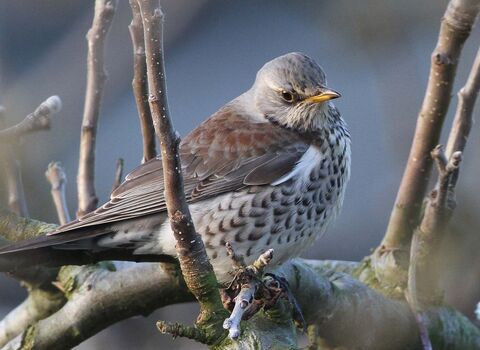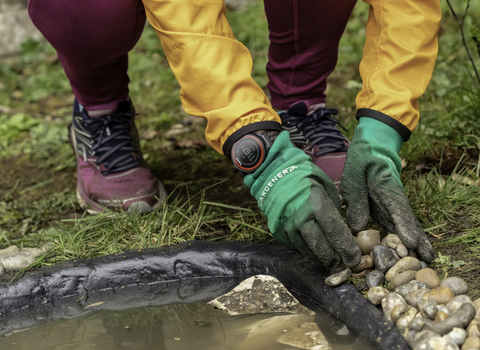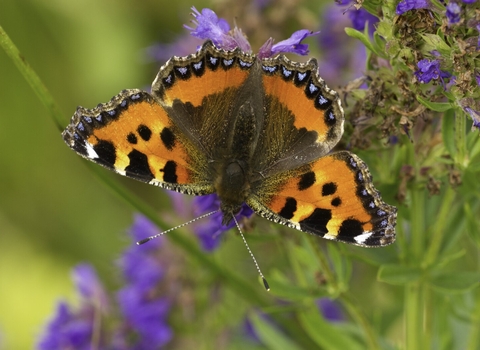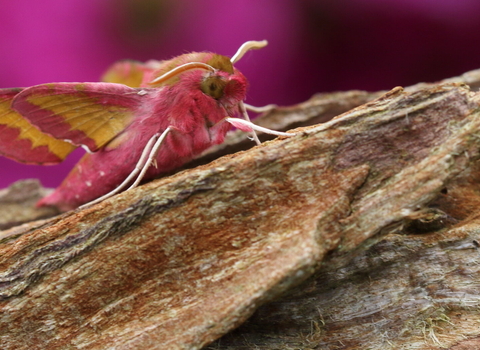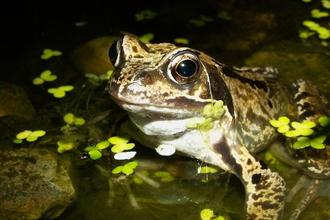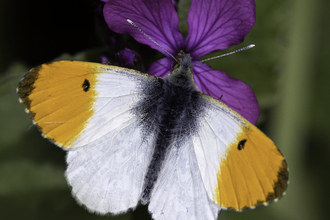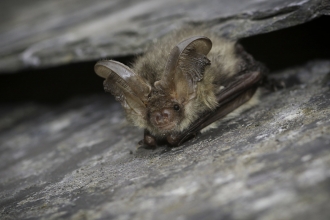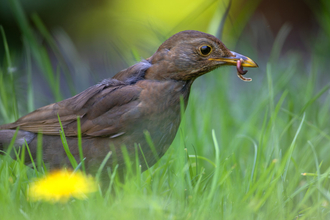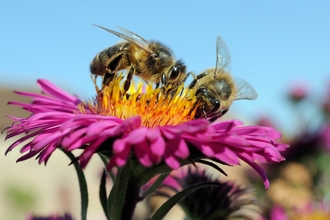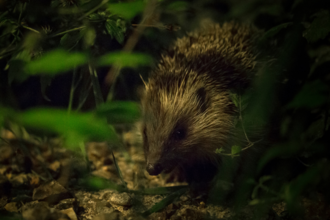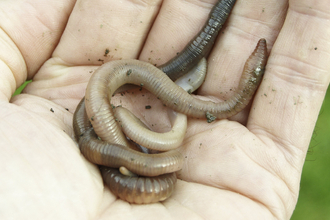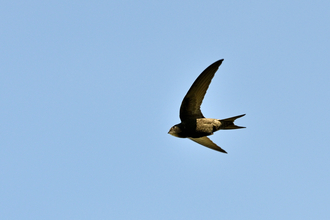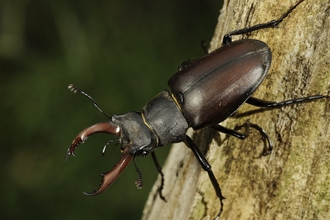Nurturing nature
Winter is a critical time for wildlife gardening as it provides an opportunity to support various species during the colder months.
With temperatures dropping and the weather getting wetter, gardening may be the last thing on your mind in winter. However, if you want your patch to support wildlife for years to come, now’s the time to start! The colder months offer the perfect conditions for planting shrubs and trees.
Woody shrubs, climbers and trees provide food for all kinds of wildlife; birds, insects and small mammals will feast on the berries, fruits, seeds, nuts and nectar-rich flowers that they offer throughout the year. In addition, they provide shelter, giving species space to rest, nest and breed.
If you’re looking to make smaller changes, less is more in winter. Whilst it may be tempting to tidy, wildlife needs a slightly messier garden to thrive. Small mammals, such as hedgehogs, will shelter from the cold under a warm blanket of leaf litter and insects, such as the patchwork lead-cutter bee, will lay eggs in hollow plant stems. Nature makes the most of the nooks and crannies on offer, so try to avoid the following if you can: deadheading plants, clearing leaf litter and long grasses, or removing log piles.
Resources
Thank you for gardening for wildlife, every positive action you take makes a big difference. With your help, we can put nature into recovery, create more space for wildlife to thrive, and reduce the pressure on the environment. This has to be a joint effort. We all have different skills, knowledge, and experience to offer. And we’ve got resources and advice to help get you started...
Team Wilder
Celebrate wildlife gardening and use your garden to take action to help support nature. Many of our common garden visitors – including hedgehogs, house sparrows and starlings – are increasingly under threat. But together we can make a difference. Find out how our green spaces can provide for wildlife.
Wilder Allotment Awards: Although allotments are mainly used for growing food, by adding in wildlife friendly plants you can create a mini-ecosystem that’s good for you and good for wildlife. Demonstrate you are making an effort to welcome wildlife in different ways and practicing environmentally friendly actions and apply for your plaque today!
Related news and blogs
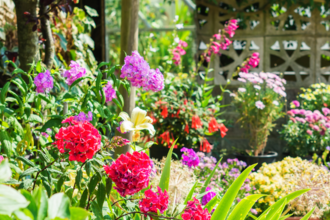
New, exciting initiative launches to help spread the word about wildlife-friendly gardening
Somerset Wildlife Trust announces a new alternative to a ‘coffee morning fundraiser’ that encourages nature lovers to share their top…
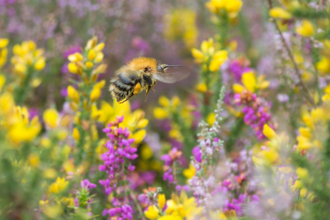
Wildlife gardening myth buster
As gardeners, we like to think we are close to the land and doing our bit for the environment. Unfortunately the modern horticultural…
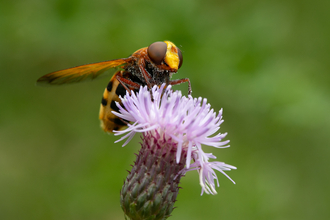
Wild about Gardens campaign asks us all to become hoverfly heroes
Humble hoverfly needs our help, say Royal Horticultural Society and The Wildlife Trusts

